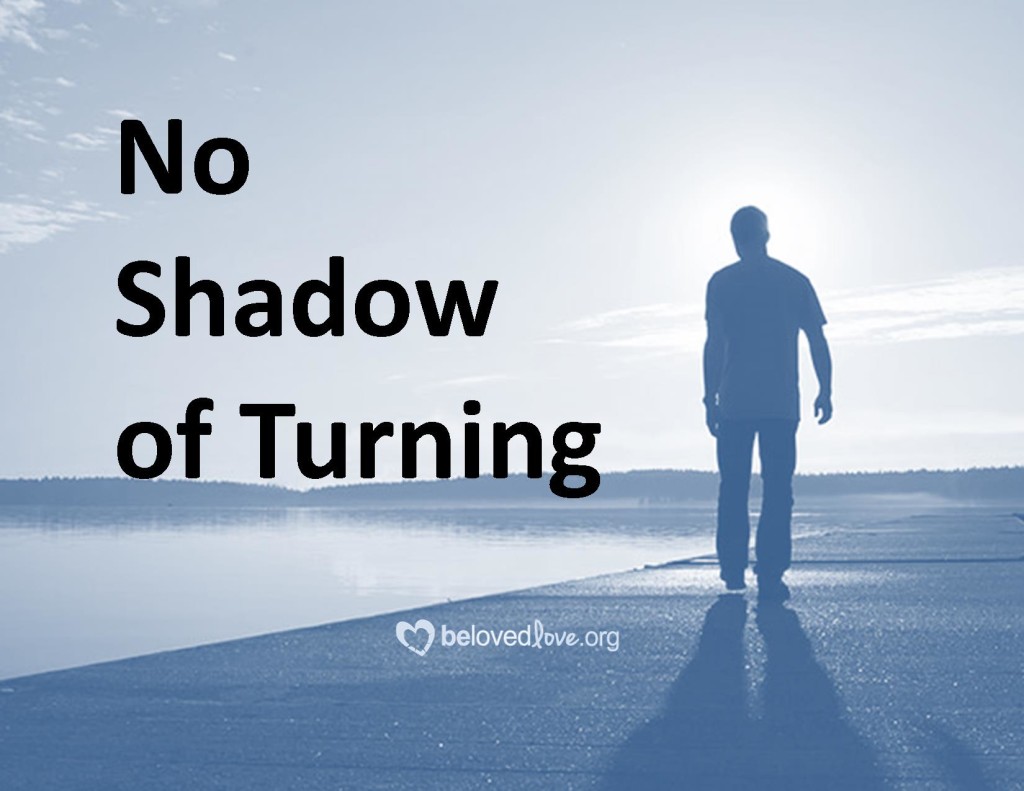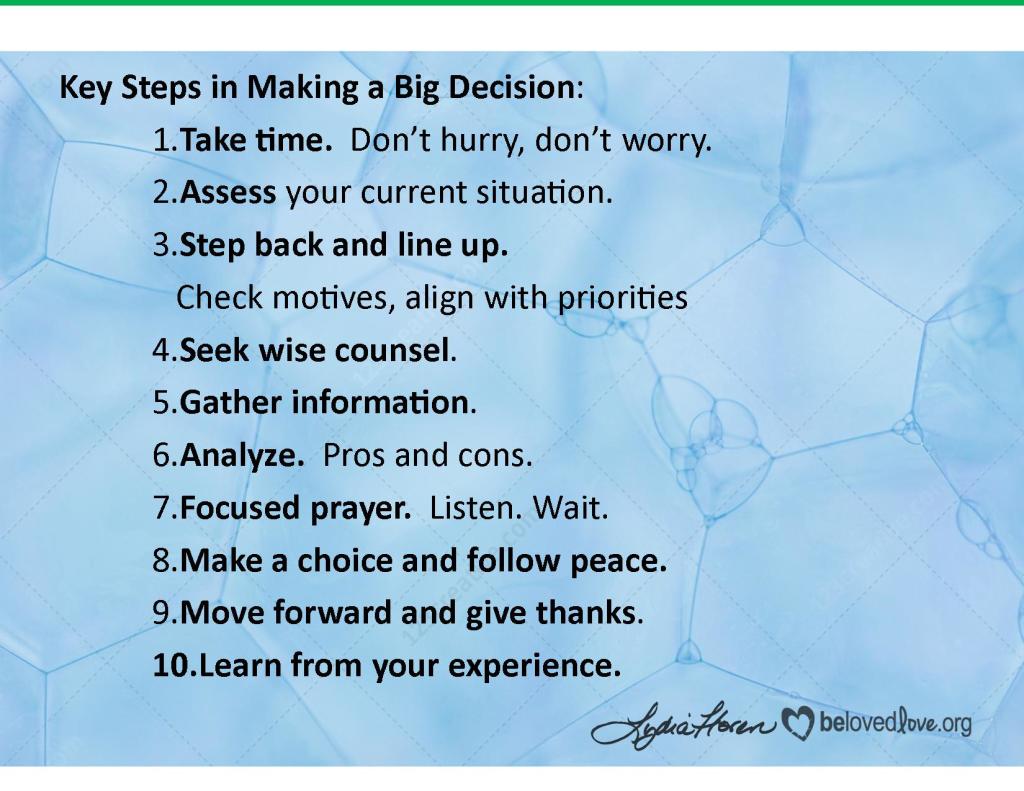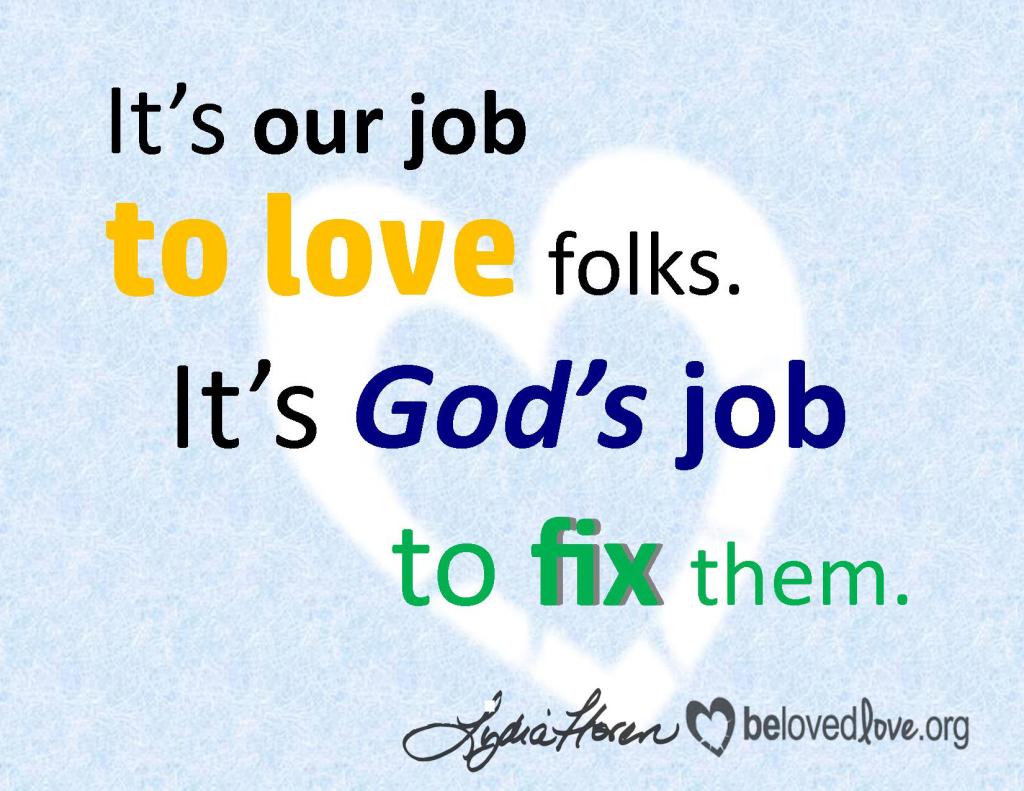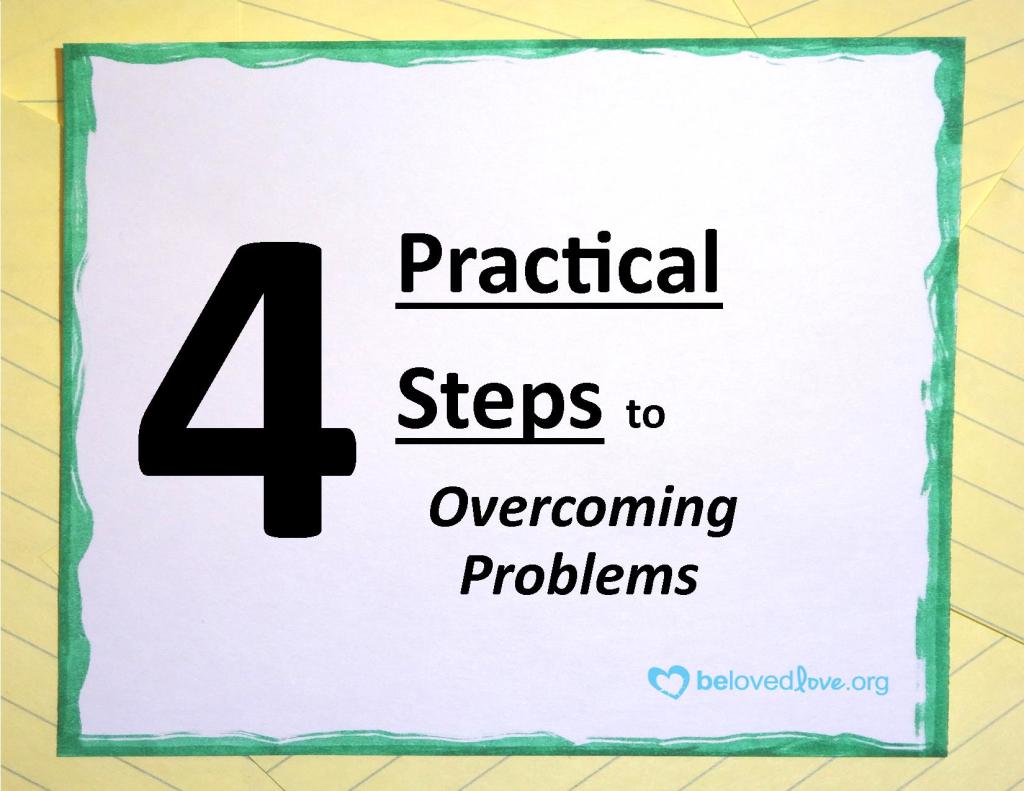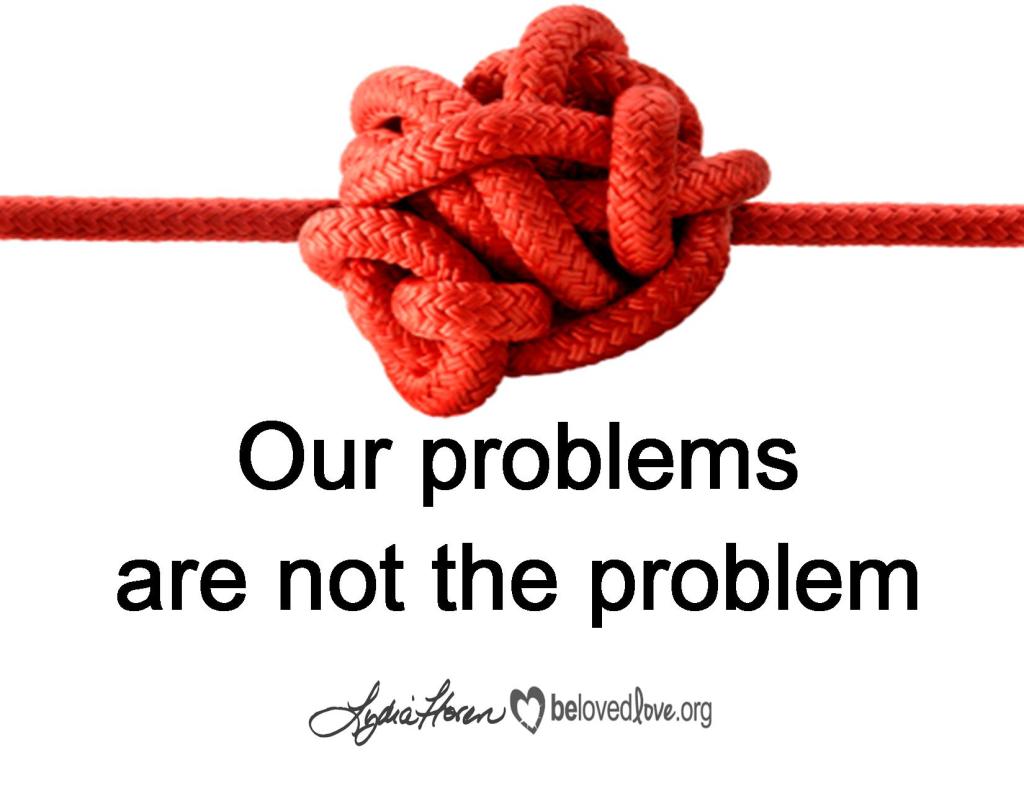It is so easy to doubt God in a crisis.
Is God really going to provide?
Is He really going to take care of my current situation? Or is it all up to me?
In his song “Great is Thy Faithfulness,” Thomas Chisholm answers these questions with a remarkable image:
Great is your faithfulness, O God my Father, There is no shadow of turning with Thee.
There is no shadow of turning with Thee.
What is a “shadow of turning?” When you are walking in the sunshine, you have a shadow. Every little motion you make is reflected by your shadow. Any time you turn a little to the right or left, your shadow also turns. And if, as you are going along, you notice that your shadow has changed, you can be sure that your direction has also shifted.
When Thomas Chisholm says “there is no shadow of turning with Thee” he is pointing out God’s consistency. God is steadily walking toward the light, toward Truth, and He invites us to follow. As we do, we are, naturally, in His shadow. If God were to get off course—to turn to the right or left—we would no longer be directly in His shadow. The shadow would have turned.
In whatever crisis we face, we can count on God. He will lead. He will provide. He will see us through. 100% of the time. There is no shift—not even a slight one– in God’s faithfulness to us.
Every good and perfect gift is from above, coming down from the Father of the heavenly lights, who does not change like shifting shadows. James 1:17 NIV
Related Posts: Great Is Thy Faithfulness
Recent Series: NOMB Part I, NOMB Part II, NOMB Part III


